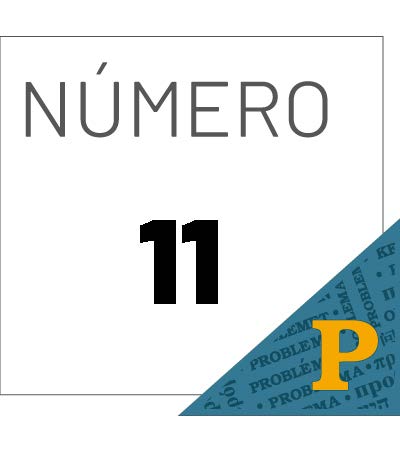Delegation in our Justice-Seeking Constitution
The place of the written Constitution in our constitutional practice is defined secondarily, from outside the text, not commanded by the text. Like moral readers of our constitutional practice, originalists of all stripes have to argue from outside the text. This makes the new originalist turn to the theory of language come too early; the place of such theory is necessarily subordinate to a convincing moral account of our practice as a whole. To lament the existence of constitutional provisions that do not provide legible descriptions of encompassing states of affairs —as the new originalists implicitly do— is to badly misunderstand a morally salient element of our constitutional practice. The non-encompassing provisions of the Constitution are not incomplete, and hence failed instructions; rather they are complete, successful delegations of authority to constitutionally responsible officials. A delegatory constitutional instruction hands off responsibility and authority; in order to do that, it must be non-encompassing. This is a virtue, not a liability of the written Constitution. The purpose of our constitutional practice is justice-seeking. It aims at better aligning our institutions, policies, laws and the political community as a whole, with the requirements of justice. It aims, that is, at our making moral progress as a political community. Delegations of constitutional authority and responsibility invite the partnership of contemporary constitutional actors, in the justice-seeking enterprise, including and especially courts. Our constitutional courts are common law courts; they are, that is, reason-giving and precedent- drawn, features that make them worthy partners in that enterprise.
Detalles del artículo
Uso de licencias Creative Commons (CC)
Todos los textos publicados por Problema. Anuario de Filosofía y Teoría del Derecho sin excepción, se distribuyen amparados con la licencia CC BY-NC 4.0 Internacional, que permite a terceros utilizar lo publicado, siempre que mencionen la autoría del trabajo y la primera publicación en esta revista. No se permite utilizar el material con fines comerciales.
Derechos de autoras o autores
De acuerdo con la legislación vigente de derechos de autor Problema. Anuario de Filosofía y Teoría del Derecho reconoce y respeta el derecho moral de las autoras o autores, así como la titularidad del derecho patrimonial, el cual será transferido —de forma no exclusiva— a Problema para permitir su difusión legal en acceso abierto.
Autoras o autores pueden realizar otros acuerdos contractuales independientes y adicionales para la distribución no exclusiva de la versión del artículo publicado en Problema. Anuario de Filosofía y Teoría del Derecho (por ejemplo, incluirlo en un repositorio institucional o darlo a conocer en otros medios en papel o electrónicos), siempre que se indique clara y explícitamente que el trabajo se publicó por primera vez en Problema.
Para todo lo anterior, deben remitir la carta de transmisión de derechos patrimoniales de la primera publicación, debidamente requisitada y firmada por las autoras o autores. Este formato debe ser remitido en PDF a través de la plataforma OJS.
Derechos de lectoras o lectores
Con base en los principios de acceso abierto las lectoras o lectores de la revista tienen derecho a la libre lectura, impresión y distribución de los contenidos de Problema por cualquier medio, de manera inmediata a la publicación en línea de los contenidos. El único requisito para esto es que siempre se indique clara y explícitamente que el trabajo se publicó por primera vez en Problema. Anuario de Filosofía y Teoría del Derecho y se cite de manera correcta la fuente incluyendo el DOI correspondiente.




























